Bearded dragons are popular pets that require special care and attention to thrive. The following are some general recommendations and guidelines for the care and maintenance of a bearded dragon.
Housing:
Bearded dragons need a large enclosure with plenty of space to move around. A minimum size of 40 gallons is recommended for one adult dragon. The enclosure should have a heat lamp, a UVB light, and a hiding spot for the dragon. The temperature in the enclosure should range from 75-85°F on the cool side and up to 100°F on the basking side. The enclosure should also have a substrate that is easy to clean and does not pose a risk of impaction.
Feeding:
Bearded dragons are omnivores and should be fed a diet that consists of both insects and vegetables. Adult dragons should be fed insects such as crickets, mealworms, and waxworms, and vegetables such as collard greens, dandelion greens, and butternut squash. Feed young dragons more insects and gradually increase the amount of vegetables as they grow. Do not feed your dragon wild-caught insects, as they may contain pesticides or other harmful substances.
Water:
Bearded dragons require fresh, clean water at all times. Provide a shallow dish of water in the enclosure, and change the water daily. Some bearded dragons may prefer to drink from a dropper or misting bottle.
Health:
Bearded dragons should be taken to a veterinarian for an initial check-up and then regularly thereafter. Signs of illness in bearded dragons include lethargy, loss of appetite, weight loss, and diarrhea. If you notice any of these symptoms, contact a veterinarian right away.
Legal Disclaimer:
The information provided in this care sheet is for educational and informational purposes only. It is not intended as a substitute for professional advice and guidance, and the reader assumes all risks associated with the use of the information. The author and publisher of this care sheet make no representations or warranties of any kind, express or implied, as to the accuracy, completeness, suitability, or reliability of the information provided. The author and publisher shall not be held liable for any direct, indirect, incidental, consequential, or punitive damages or other losses that may arise from the use of or reliance on the information in this care sheet. The information in this care sheet is subject to change without notice, and may not be up to date or applicable in all situations. By using the information in this care sheet, the reader acknowledges and agrees to the terms and conditions of this legal disclaimer.

